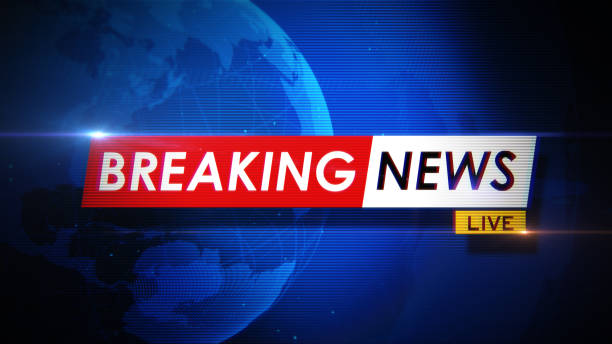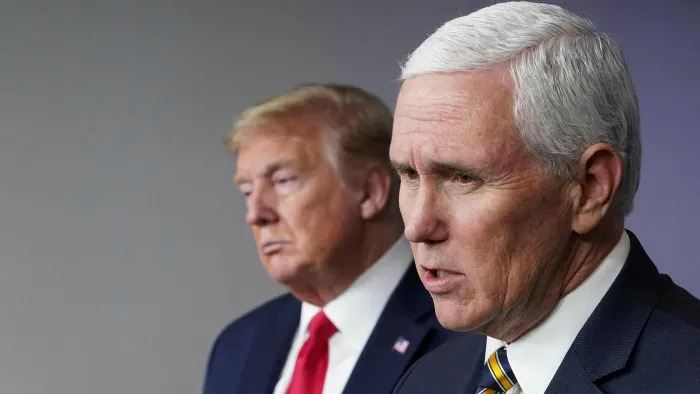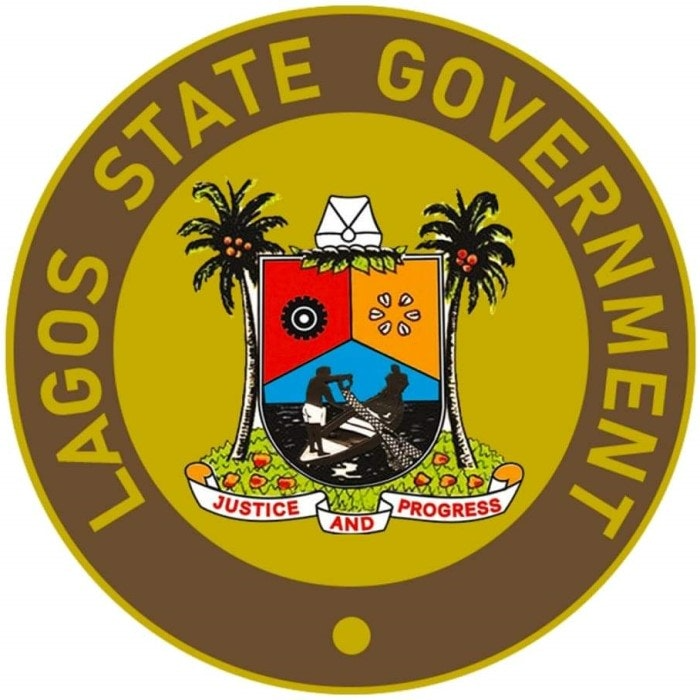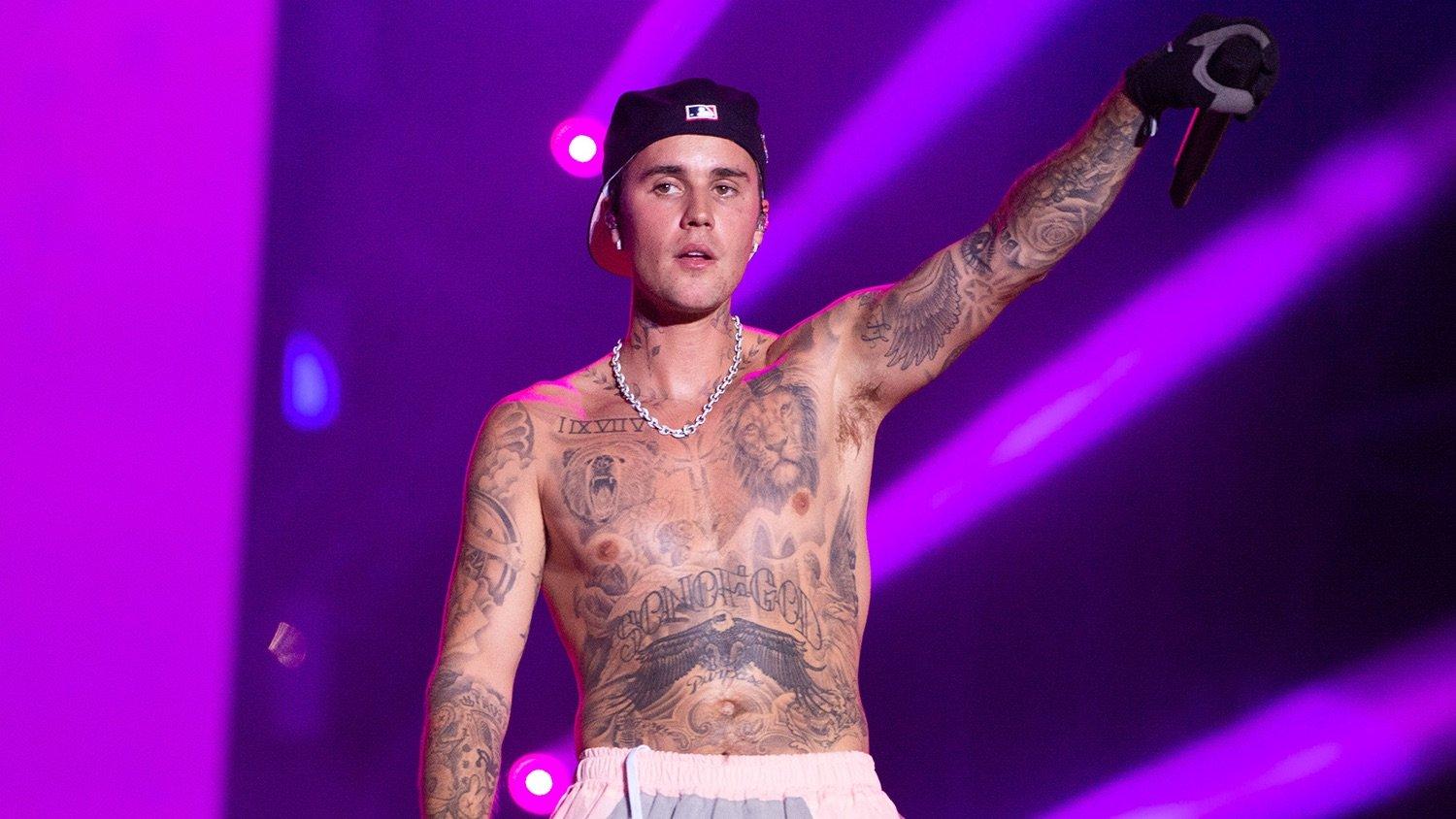Nigerians raise alarm over ‘dubious’ indigene bill sponsored by Rep. Benjamin Kalu, fearing erosion of ethnic rights ahead of 22 September 2025 Constitution hearing
As Nigeria gears up for a pivotal National Public Hearing on Constitution Alteration Bills on Monday, 22 September 2025, in Abuja, a storm of controversy brews around a now-withdrawn proposal on indigene status.
Sponsored by Deputy Speaker Rt. Hon. Benjamin Kalu (CFR), the bill; dubbed “dubious” by critics, has ignited fierce backlash, with citizens accusing it of threatening ethnic identities and federal balance.
The hearing, set for 10:00 AM (WAT) at Congress Hall, Transcorp Hilton, Abuja, will scrutinise multiple amendments, but the spotlight falls on Kalu’s Indigeneship Bill (HB 2057).
Though withdrawn in July amid uproar, its shadow looms large, fuelling alarms that it could erode traditional indigene rights.
Prominent voices, including X user Ọbabìnrin Adérónkẹ́, have lambasted the measure as a “useless” and “secretly inserted” ploy to redefine citizenship.
The bill proposed granting indigene status through birth, marriage to a local, or a decade-long residency with tax proof; potentially allowing “settlers” equal access to state privileges like scholarships and jobs.
Critics argue this risks “double indigeneity,” diluting cultural bonds and sparking ethnic tensions.
“Indigeneity is a sacred historical tie, not a tenancy deal,” one analyst warned, echoing fears of centralisation that could destabilise Nigeria’s fragile federation.
Kalu, posting on X, urged participation: “Our Constitution. Our Collective Voice. Our Future.”
He insists the review must capture Nigerians’ aspirations, but detractors see the bill as ideologically provocative, reviving old fractures.
The furore traces back to March 2025, when the bill passed second reading. Co-sponsored by six lawmakers, it aimed to curb discrimination against long-term residents. Yet, the National Institute for Legislative and Democratic Studies (NILDS) flagged risks, prompting Kalu’s withdrawal on 29 July.
“I am committed to proposals reflecting the people’s wishes,” Kalu stated, redirecting focus to state laws ensuring settler rights without constitutional overhaul.
Beyond indigeneity, the hearing spotlights fiscal and human rights tweaks: mandatory Auditor-General report publications, suspect parade bans, streamlined international treaty enforcement, and life sentences over death for pregnant convicts to protect unborn rights.
Kalu remains steadfast: “This is your chance to influence change and build a Nigeria for its people.”
Yet, with public trust frayed, the session could redefine civic structures; or expose deeper divides.
As Nigeria marks 65 years of nationhood, the debate underscores a nation at crossroads: inclusion versus identity.
Source: Read more at thisdaylive.com





























